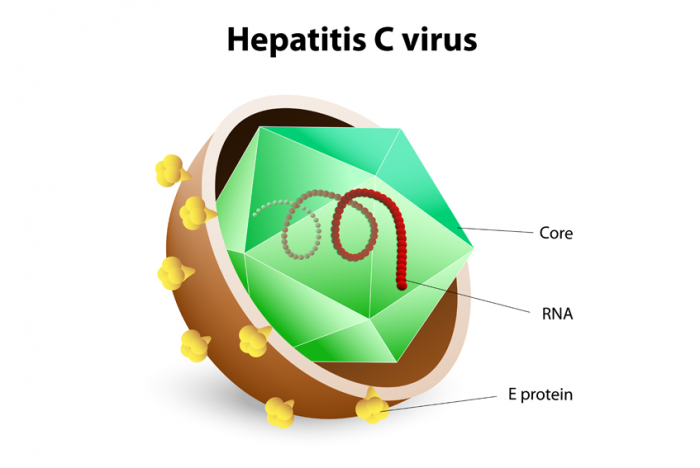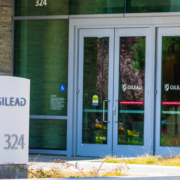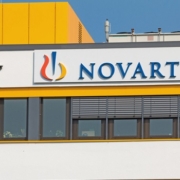BMS buys Mirati for $4.8B to boost cancer business
Business, R&D, TherapeuticsBMS buys Mirati for $4.8B to boost cancer business
Published: Oct 09, 2023
By Tristan Manalac
BioSpace
Bristol Myers Squibb on Sunday announced that it has entered into a definitive merger agreement with cancer-focused biotech Mirati Therapeutics in a bid to grow its oncology franchise.
BMS is paying $58.00 per Mirati share in cash for a total deal value of $4.8 billion, which the pharmaceutical giant expects to finance through a combination of cash and debt. The purchase price represents a 52% premium to Mirati’s 30-day volume-weighted average price as of market close on Oct. 4. However, it is about $2.00 lower on a per-share basis than Mirati’s closing price Friday, following rumors of a potential deal with Sanofi.
The acquisition agreement with BMS will also give each Mirati stockholder one non-tradeable contingent value right (CVR) for every share they hold. This will entitle them to potentially $12.00 per share in cash, for an additional value opportunity of approximately $1 billion, which is contingent on the FDA accepting the New Drug Application for Mirati’s candidate MRTX1719 within seven years of the acquisition.
MRTX1719, central to the deal’s CVR, is a potentially first-in-class PRMT5 inhibitor in early-stage development for several tumor types, including non-small cell lung cancer (NSCLC). The candidate is expected to enter Phase II studies in the first half of 2024.
“Through this acquisition, Bristol Myers Squibb will add Krazati, an important lung cancer medicine, to its commercial portfolio,” BMS said in Sunday’s announcement, “while gaining access to “several promising clinical assets that complement its oncology pipeline and are strong candidates for single agent development and combination strategies.”
Mirati’s NSCLC therapy Krazati (adagrasib) was granted the FDA’s accelerated approval for patients with advanced or metastatic disease harboring the G12C KRAS mutation and had undergone at least one prior line of systemic therapy.
On Thursday, Krazati’s main competitor, Amgen’s Lumakras (sotorasib), stumbled in a meeting of the FDA’s Oncologic Drugs Advisory Committee, which voted by a wide margin that the company’s Phase III progression-free survival data could not be reliably evaluated. Amgen is seeking to convert Lumakras’ accelerated approval into full approval, for which the FDA’s decision is due on Dec. 14.
“Mirati strengthens and complements our current portfolio by adding assets focused on intrinsic tumor targets in the MTAP and MAPK pathways,” Samit Hirawat, BMS chief medical officer, said in a statement. Mirati’s assets “have the potential to change the standard of care in multiple cancers” and could have good synergy with several of BMS’ products and candidates, Hirawat added.
Krazati has also shown potential beyond NSCLC. Its active ingredient adagrasib can penetrate into the central nervous system and induce intracranial response, pointing to possible therapeutic effects in patients with active and untreated brain metastases, according to BMS’ announcement on Sunday.
Adagrasib has also demonstrated promising efficacy in colorectal cancer and pancreatic ductal adenocarcinoma.
BMS will conduct the deal through a subsidiary and expects to close the transaction by the first half of 2024, pending approval from Mirati’s stockholders and regulatory clearance.
Tristan Manalac is an independent science writer based in Metro Manila, Philippines. He can be reached at [email protected] or [email protected].
Source: BioSpace

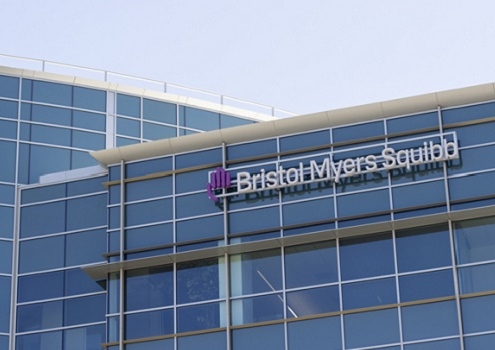

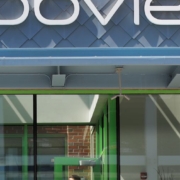
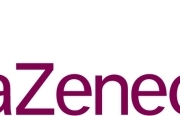

 Reuters
Reuters